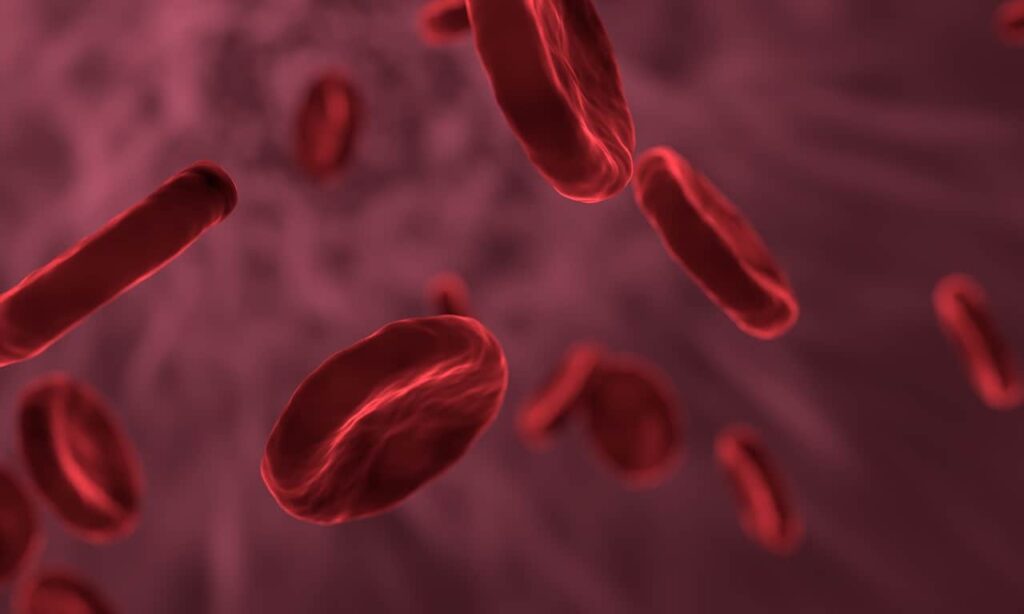We are so excited to announce yet another shop expansion! If you saw our last blog about vitamins, then you may have guessed that introducing minerals to our shop was next! Our end goal with Cerebra Nootropics is not only to be a one-stop-shop for Nootropics but also for supplements that we believe should be taken as a standard practice! While Nootropics are extremely beneficial to almost any lifestyle, we also understand the power of other supplements, such as vitamins and minerals.
That being said, we are adding a few minerals to the shop that we think are worth adding to any supplement stack! In this article, we will go over what are minerals as well as the basics of the minerals we are adding to our online shop. Let’s get into it!
What are minerals?
In regards to nutrition, a mineral is a chemical element required as an essential nutrient by organisms to perform necessary functions for survival.
Your body needs specific minerals in order to build strong bones and teeth, and turn the food you eat into energy. These are naturally occurring substances that we all need to maintain good health! We not only need a balanced diet that provides us with enough vitamins, but also a diet that gives us all the minerals our bodies need to operate properly.
Most diets do not provide enough minerals needed for the body to optimally operate/function. This is why supplementing some of the basic minerals needed is a great option for those striving for longevity. The better we treat our bodies, the longer and happier our lives become!
Iron – What is it and why do we need it?
This is a mineral that is vital for the growth and development of the body. You use iron to make haemoglobin, which is a protein in red blood cells that carries oxygen from the lungs to all parts of the body, and myoglobin, a protein that provides oxygen to muscles. Globally, 1.62 billion individuals have an iron deficiency, which corresponds with 24.8% of the population.
If you do not get enough iron, your body cannot produce enough of the substance in red blood cells that enables them to carry oxygen. This can lead to something called iron deficiency anaemia, which is a common type of anaemia. This can lead you to feel extreme fatigue and weakness, even when you are getting enough rest. You may also experience shortness of breath, fast heartbeat, dizziness, brittle nails, and plenty of other unpleasant symptoms. Additionally, iron is needed to create certain hormones in the body.
All in all, if you are experiencing any of the symptoms above, you may want to look at supplementing iron and eating iron-rich foods such as nuts/seeds and dark leafy greens.
Zinc – What is it and why do we need it?
This is a nutrient found throughout the body that helps with your immune system and metabolism functions. Zinc is also a vital element that helps the body heal from wounds and assists in the senses of smell and taste. Even with a well-balanced diet, your body usually does not get enough zinc. An estimated 17.3% of the global population is at risk of inadequate zinc intake.
A zinc deficiency can cause hair loss, diarrhoea, eye/skin sores, loss of appetite, impaired immune functions, delayed sexual maturation, and much more. Zinc deficiencies can also differ depending on your gender. When looking at general health, these are all rather important needs for the body to thrive. However, like many things, zinc is to be taken in optimized dosages. Too much zinc in the body can lead to unpleasant symptoms as well, such as nausea and diarrhoea, for example. If you take enough zinc, you will see some seriously positive changes in your health.
Consuming enough zinc will keep your immune system strong because it is necessary for immune cell function and cell signalling, whereas not getting enough zinc weakens the immune response. Taking zinc supplements can also stimulate particular immune cells and reduce oxidative stress!
Magnesium – What is it and why do we need it?
This mineral is needed for more than 300 biochemical reactions in the body and plays many crucial roles in the body, such as supporting muscle and nerve function and energy production. It helps also helps in promoting a strong immune system and keeping a healthy, steady heartbeat. Just like other minerals, such as iron and calcium, magnesium improves bone health, keeping your bones and teeth strong. It also helps adjust blood glucose levels and the production of energy and protein.
Chronically low levels can increase the risk of high blood pressure, heart disease, type 2 diabetes and osteoporosis. An estimated 20% of the world’s population experiences a magnesium deficiency. You will know if you may fall into this 20% if you experience muscle twitches/cramps/weakness, high blood pressure, irregular heartbeat, and extreme fatigue.
This may be the most essential mineral in this article! If you are experiencing any of these symptoms, please seek medical attention and discuss your magnesium levels with your healthcare provider.
Closing thoughts:
Introducing these minerals into your daily routine will help increase energy, support bone/muscle health, boost your immune system, better your red blood cell health, and more! While these minerals are important for any lifestyle, they can specifically improve the lives of those who work out and exercise regularly.
It is important to look after general health when working toward longevity. Any stress or deficiency in the body will hold you back along your journey to longevity. I encourage you to consider and look into these minerals as you will likely find they are more critical than you once thought and could change your life for the better! We hope you like this shop expansion as we look forward to adding more minerals to the shop as we grow as a company.
Minerals; are just as necessary in a supplement stack as vitamins are.



